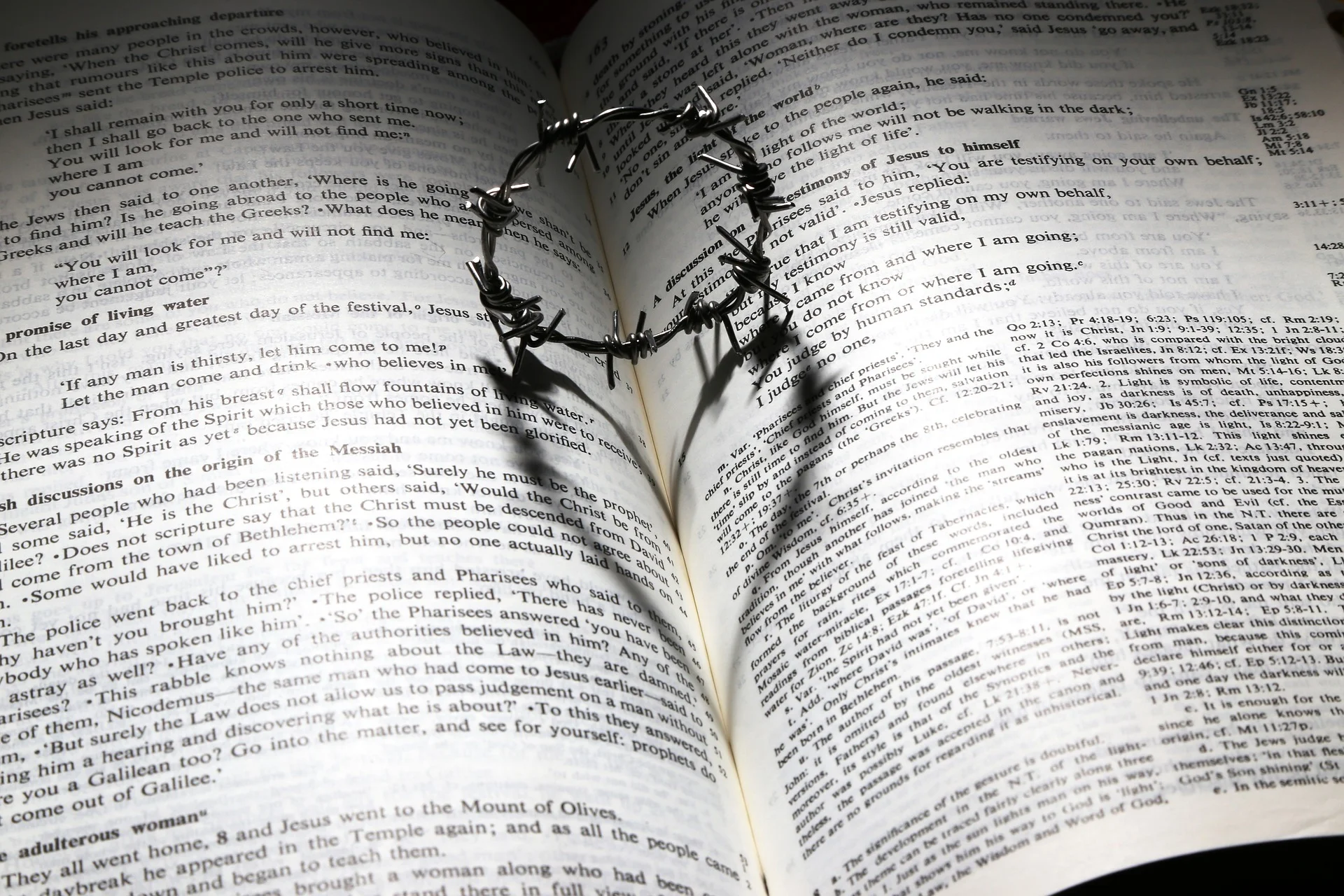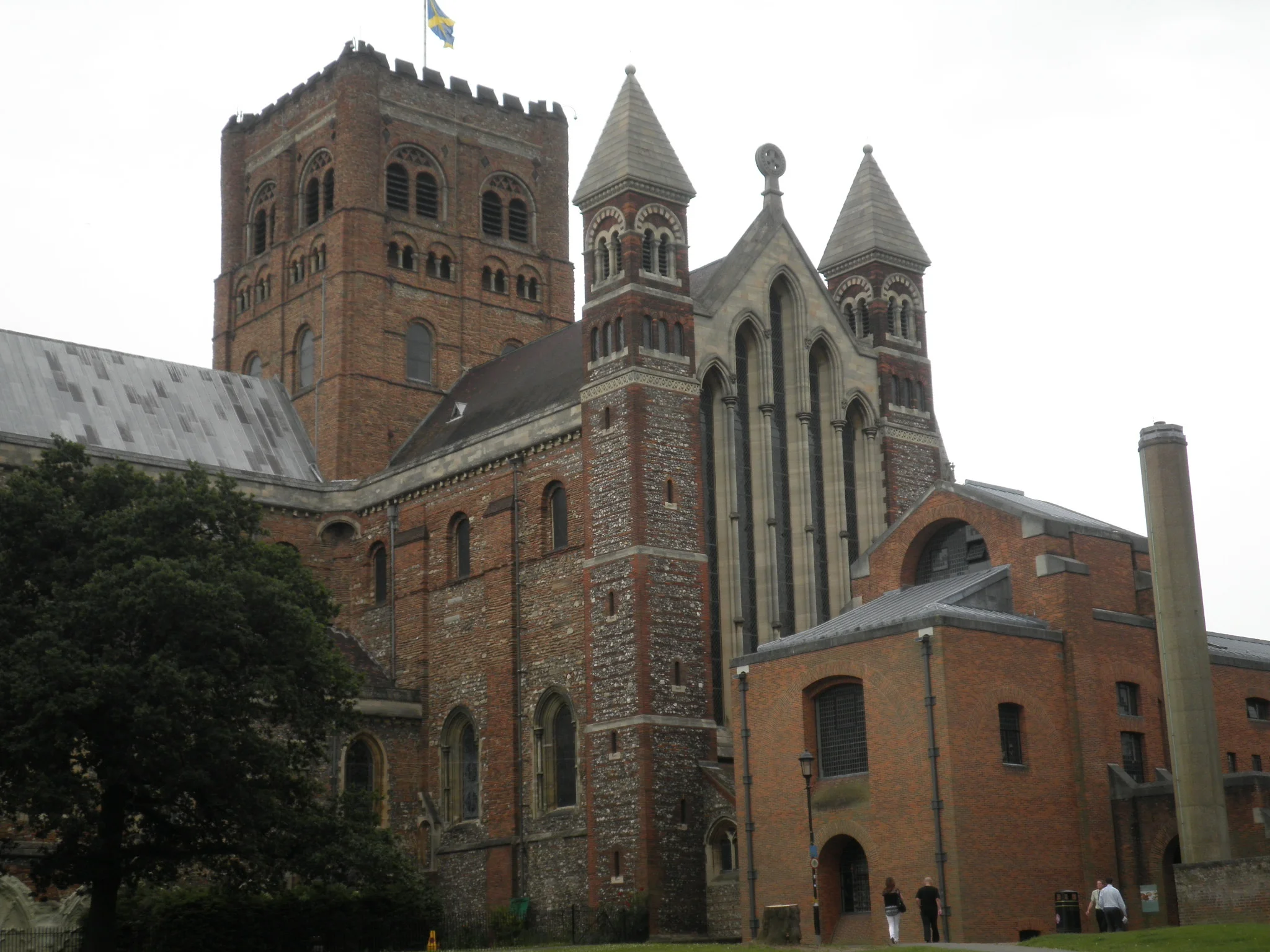Mulling It Over - Part 1
I wanted to get back to my Mulling It Over series, where I look at a portion of scripture, taking it apart in order to more deeply understand and think about God’s word. When we dig deeper into God’s word we learn new things. It doesn’t matter how many times we have read through the Bible. The Holy Spirit is capable of teaching us something new over and over. Searching through the scripture is often like going on a treasure hunt. My goal with this series is to discover some of the wonderful nuggets that God wants to teach us.
Pixabay
Beginning this month, I want to take a look at the book of 2 Peter in the New Testament, specifically verses 1 - 11. Both 1st and 2nd Peter were written by Peter, one of the original 12 apostles. If you know anything about Peter, you know that he could be rather bull headed, overly enthusiastic and thick, but Peter was the one to which Jesus posed statements such as,
“And Jesus said to him, “Blessed are you, Simon Barjona, because flesh and blood did not reveal this to you, but My Father who is in heaven. 18 I also say to you that you are Peter, and upon this rock I will build My church; and the gates of Hades will not overpower it. ”
Scofield’s reference notes from 1917, makes clear Jesus was not intending to build the church on Peter, but on Himself. Jesus’ statement to Peter was a confirmation of the faith he had; a faith that is necessary for all believers to have. The fact that Peter was privy to this information reveals the depth of trust and love Jesus had for this man.
Pixabay
As a shepherd of the flock, Peter had the responsibility to teach and instruct the members of the early church. In his first letter he encourages the church through the difficulties of persecution, which Christians were facing at the time from Nero. Many followers of Christ were being used as torches, if you get my meaning. Peter speaks of hope and the grace of God.
In his second letter, Peter addresses the presence of false teachers and wrong doers within the church and suggests the need for growth in the faith and watchfulness for Christ’s return.
This week, I just want to introduce the passage and then look at the introductory verses.
“Simon Peter, a bond-servant and apostle of Jesus Christ,
To those who have received a faith of the same kind as ours, by the righteousness of our God and Savior, Jesus Christ:
2 Grace and peace be multiplied to you in the knowledge of God and of Jesus our Lord;
3 seeing that His divine power has granted to us everything pertaining to life and godliness, through the true knowledge of Him who called us by His own glory and excellence.
4 For by these He has granted to us His precious and magnificent promises, so that by them you may become partakers of the divine nature, having escaped the corruption that is in the world by lust.
5 Now for this very reason also, applying all diligence, in your faith supply moral excellence, and in your moral excellence, knowledge,
6 and in your knowledge, self-control, and in your self-control, perseverance, and in your perseverance, godliness,
7 and in your godliness, brotherly kindness, and in your brotherly kindness, love.
8 For if these qualities are yours and are increasing, they render you neither useless nor unfruitful in the true knowledge of our Lord Jesus Christ.
9 For he who lacks these qualities is blind or short-sighted, having forgotten his purification from his former sins.
10 Therefore, brethren, be all the more diligent to make certain about His calling and choosing you; for as long as you practice these things, you will never stumble;
11 for in this way the entrance into the eternal kingdom of our Lord and Savior Jesus Christ will be abundantly supplied to you.”
Take it apart:
Verse 1 -
Simon Peter, a bond-servant and apostle of Jesus Christ,
The author identifies himself by giving his name and then by giving his credentials. He is both a bond-servant and an apostle of Jesus Christ. These two descriptions say much about the man Peter.
Pixabay
I have looked at this idea of being a bond-servant on an earlier occasion, but lets review. Another word for bond-servant is slave. Typically, a bond-servant is one who works for someone else without wages. Basically a bond-servant is owned by their master. Why would a person want to identify themselves with this moniker? The Apostle Paul also used the term bond-servant to refer to himself. The common denominator for these two is the person of Jesus Christ. They had committed their lives to Him in such a way that they identified themselves as being His slaves. They were sold out to the person of Jesus and knew their lives were no longer their own.
Peter also identifies himself as an apostle. One way to define the word apostle is to list other words that have the same idea. Words like, advocate, backer, proponent, promoter, supporter and herald, all are synonymous with apostle. Peter was one of the original 12 men who followed Jesus and lived with him during his three years of earthly ministry. This fact gives Peter a huge amount of credibility to speak about Jesus’ message to the early church and to us today.
Pixabay
…to those who have received a faith of the same kind as ours…
This letter is written specifically to those who have placed their faith in Jesus Christ. Many people today who are not proponent’s of the Bible claim that it is no longer relevant in our world today. They claim it is outdated, yet Peter, over 2000 years ago wrote his letter to those who were of the same faith as him. In other words, his letter is as real and living to us today as it was to the early church, for the very reason that we share a common faith in Jesus Christ.
…by the righteousness of our God and Savior, Jesus Christ:
This confirms that same faith came about by the righteousness of Jesus Christ. Our faith in Him is secure because of what He did and who He was. Jesus is God and his life on this earth, was not to preach a social gospel. The gospel that Christ preached was not salvation from the hardships of life, but salvation from ramifications of sin. It is His death on a cross and his rising from the dead that enables us to place our faith in Him.
Pixabay
Verse 2 -
Grace and peace be multiplied to you in the knowledge of God and of Jesus our Lord
Who doesn’t long for grace and peace. We desire others give us grace when we are having a hard time. We desire peace from all the fears and anxieties that plague us on a daily basis. The author states that these will be multiplied to the readers in the knowledge of God and Jesus our Lord. Knowledge of God and Jesus are essential to knowing peace and grace. This is not a head knowledge that nods absently when asked the question, “Do you know Jesus?” This knowledge is a personal, burning knowledge that can only be obtained when we call Him Lord.
The idea of Lordship takes us back to the term bond-servant. Have you chosen Jesus as your Lord? Are you sold out to Him? Do you call Him master?
Next week we will delve into verse 3. If you have any thoughts on this passage or these first two verse, I love to have your feedback. Just leave a comment.
Have a wonderful weekend.








